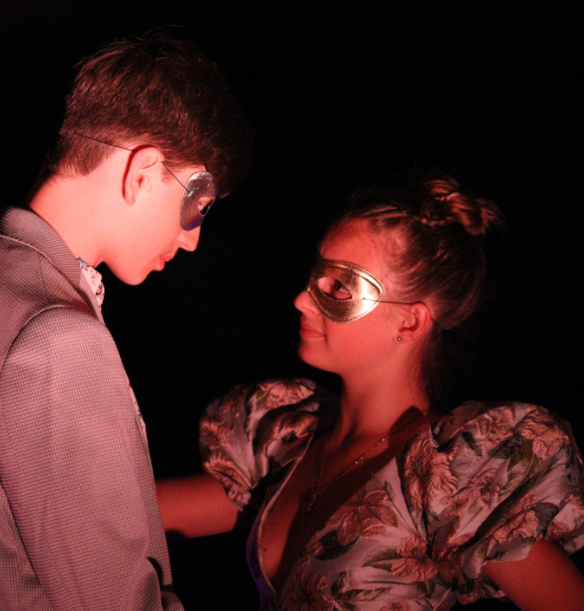
Dramatic Conventions: Lyrical Voice
Imagine you’re sitting in a dimly lit theatre, the hush of anticipation in the air. A character steps forward, not to deliver a line of dialogue, but to express their emotions in poetic, rhythmic, almost song-like prose. This, dear reader, is the magic of the lyrical voice in drama. But what is it about this convention that gives plays depth and resonance? Let’s waltz through the world of lyrical voice and discover its melody.
Dancing with Words
The lyrical voice in drama is akin to poetry in motion. It’s not about straightforward communication; instead, it’s an elevated, emotional, and often musical way of expressing feelings, thoughts, and moods. It’s the soul singing through the words.
Hallmarks of the Lyrical Voice
Lyrical voice is distinct and can be recognized by several features:
1. Emotional Depth
This convention dives deep into a character’s emotions, whether it’s the pangs of unrequited love, the torment of inner conflict, or the euphoria of a fleeting moment.
2. Poetic Imagery
Lyrical voice often employs vivid and evocative imagery, painting pictures with words and transporting audiences into the character’s emotional landscape.
3. Rhythm and Cadence
Just like a song has a rhythm, so does the lyrical voice. The ebb and flow of its cadence can mimic the heartbeat of its emotions.
4. Universality
Even though the words might be deeply personal, the themes are often universal, resonating with many, regardless of their own life stories.
Lyrical Voice Through the Ages
Throughout theatrical history, many playwrights have embraced the lyrical voice:
- William Shakespeare: Plays like “Romeo and Juliet” are brimming with lyrical passages. Who can forget Romeo’s musings on Juliet’s beauty as she appears at her balcony?
- Tennessee Williams: In “The Glass Menagerie,” the character Tom often delves into poetic monologues, expressing his dreams and frustrations.
- Samuel Beckett: His play “Waiting for Godot” intertwines the mundane with the lyrical, giving voice to the existential musings of its characters.
Modern Reverberations
The lyrical voice isn’t confined to classic plays. Contemporary theatre, films, and even television series often incorporate lyrical passages, especially in moments of reflection, passion, or climax.
Why It Resonates
There’s something innately human about expressing emotions in a heightened, poetic manner. The lyrical voice taps into this need, offering both the character and the audience an avenue for catharsis, reflection, and connection.
Conclusion
The lyrical voice is a dance of words, a song of the soul. It adds depth, beauty, and resonance to dramatic works, reminding us of the poetry that exists in every emotion and every moment. So, the next time you’re absorbed in a play or movie, and a character breaks into a poetic soliloquy, let the lyrical voice sweep you off your feet and into the depths of the human experience.






